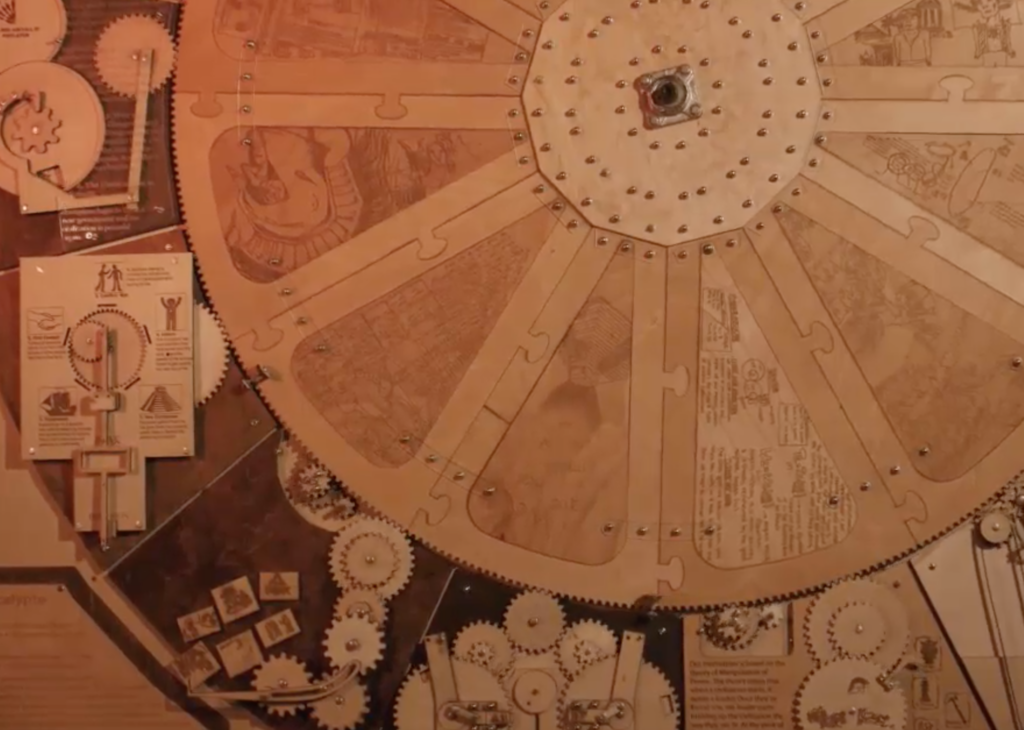“The things…in life that give us the greatest satisfaction, and for children too, is making something that wasn’t there before.
Larry Rosenstock, ceo, high tech high, “most likely to succeed” 2015
I felt super inspired while watching Most Likely to Succeed last week because of the inquiry-based learning methodology. Being in this teaching program has brought back a lot of high school memories for me, and I’ve been reflecting on how challenging I found a lot of courses simply due to the way they were being taught. I was often lost and confused in the material, and I was spending my time cramming for tests instead of fully understanding the content. I felt I was really bad at maths and sciences because of this – text has always been challenging for me to read when it’s written in formal language with subject-based jargon (textbooks), and I couldn’t grasp the way my teachers were “teaching” wrote-learning. Luckily, somehow, I graduated with exceeding grades, but I never took math 11/12, chem 11/12, or physics 11/12 until I upgraded in college. Finally upon having a professor teach me properly with different methods (ie. assignments and exercises, learning through doing) I did super well and actually understood math – and loved it! So while I was watching this film, I felt a piece of my childhood be understood and seen, and felt hopeful that students attending this school who have a similar experience to mine have greater opportunities and supports. This seems to be done by inquiry-based projects, learning by doing, investigating and researching the things they are interested in, and at the end of term having a huge exhibit to show their work. It was also striking to me how cross-curricular the school functioned as a whole, which seems like it best reflects post-school existence (the “real world”).

It was interesting to hear the class discussions, as there were a lot of critiques about the school. Two critiques/questions that stuck out to me were: 1) Is the school simply trying to turn students into creative, big-corporate tech workers, like google for example? 2) Even though this school is quite different in its methodology, is it still trying to “produce” workers for a future-workforce? How dissimilar is it really to the Victorian Industrialist school system that is commonly seen? I don’t really have answers, but some personal thoughts…
1) Sure, this school can absolutely produce those types of workers. But it can also produce humans in the world that know how to think critically, creatively, and go after what they really want. Of course there are still guidelines – this was brought up in class discussion, but for example, if one of these students who is used to “doing what they want” gets a job where they have to follow instruction – but I believe it’s more empowering to have adolescents believing that they can find the career path that best suits them. Almost all jobs require creative & critical thinking, communication and team cooperation, it might just look different from what we think we know it looks like.
2) I think regardless of how alternative a school tries to be, they will always be “producing” workers for a future-workforce. Maybe it’s not the best wording to use when talking about your current students, but at the end of the day, school should be gearing you up for the world ahead, showing you what jobs are available, etc. I believe what counts most is how teachers go about that, and that schools actually care for their students and don’t think of them as a product of their indoctrination.
Awesome class discussion and awesome critiques! It was nice to have my internal opinion feel challenged and work through that afterward as well, we all love a good growth-mindset moment.